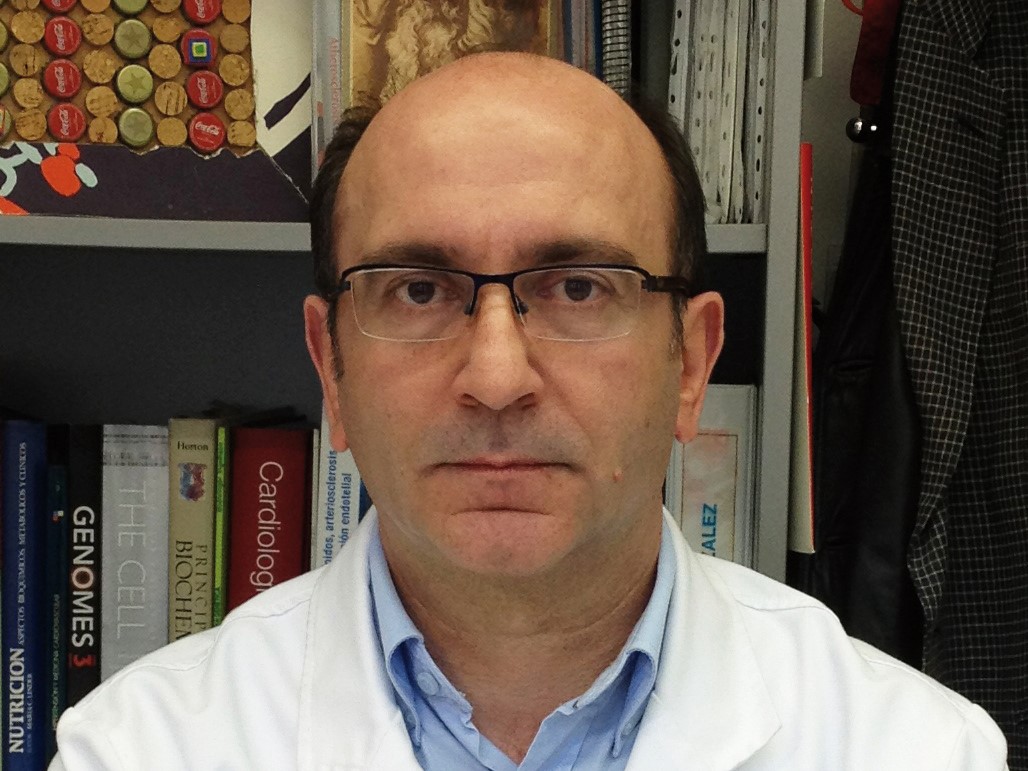


Vascular biology, atherosclerosis and cardiovascular remodeling


Our group investigates key aspects of vascular biology, atherothrombosis and myocardial pathophysiology geared towards the characterization of the cellular and molecular mechanisms involved in the onset, progression and complication of atherotrombotic diseases (ischemic heart disease (IHD) and peripheral artery disease (PAD)), abdominal aortic aneurysm (AAA) and cardiac hypertrophy. The group analyses the role of NR4A nuclear receptors, in particular NOR-1 (NR4A3), and lysyl oxidases (LOX) in these pathologies using multidisciplinary and translational approaches. Our ultimate goal is to identify novel therapeutic targets and biomarkers to better manage these highly prevalent diseases.
The specific objectives pursued are:
- Characterization of new molecular mechanisms underlying vascular dysfunction in IHD, PAD and AAA.
- Identification of new proteins/structural genes modulating critical cell functions (migration, proliferation, survival and apoptosis), in particular, those regulated by NR4A receptors and LOX.
- Development and validation of new animal models for cardiovascular diseases, in particular, those related to NR4A receptors and LOX.
- Analysis of the mechanisms underlying vascular calcification in advanced atherosclerosis and its potential pharmacological modulation, focusing on the contribution of LOX and NR4A receptors.
- Study of the role of NR4A receptors modulating cardiac function, calcium homeostasis and cardioprotection.
Our findings in 2019 have uncovered (i) the relevant role of NOR-1 in the pathological remodelling involved in hypertensive cardiac hypertrophy, establishing a new mouse model, for this disease, and (ii) how NR4A receptors participate in the signalling pathway of CD69, an immunomodulatory molecule that we identified as a new receptor for oxidized LDL and an early biomarker of subclinical atherosclerosis.
-
Associated Personnel


